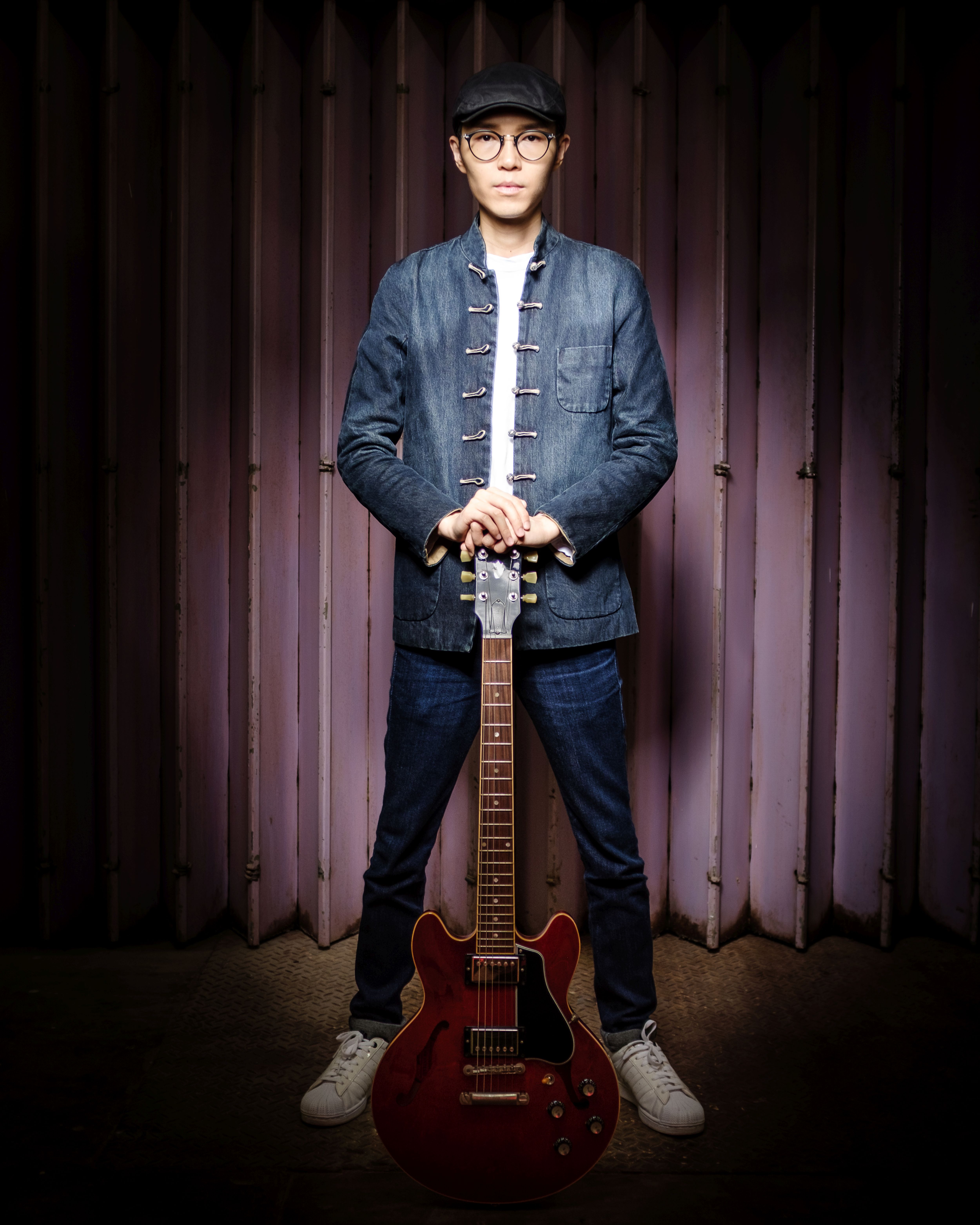
Khalil Fong Won't Be Hong Kong's American-Born Chinese Icon
Ever since his 2005 debut, the singer-songwriter has brought a soulful, urban sound to the city’s music scene.
“Khalil” is a Persian name. It means “friend.” There’s also a poet named Kahlil Gibran, so there were two different reasons my dad chose that name. I think it’s half-half.
I was born in Hawaii and went to Shanghai when I was 5. My parents wanted me to learn more of Chinese culture and the language. They didn’t want me to be an ABC [American-born Chinese]—they wanted me to get a good taste of a different culture at a young age. I lived there for about five or six years. I was in Guangzhou for a very short time, and then I’ve been in Hong Kong ever since.
I’m a US citizen, a Hong Kong artist, but in my own reality, I’m a world citizen. That’s the Baha’i world view, and there’s a central quote in my faith: “The world is but one country, and mankind its citizens.”
When I was about 3 or 4, I saw the movie “La Bamba.” Ever since then, I’ve wanted to be involved in music. My dad is a drummer, and he [gave me] a preliminary introduction to music. I’d listen to the records that he’d listen to: jazz, funk, soul, R&B stuff. It’s a combination: I probably didn’t become a musician just because of my father. Rather I learned to love certain types of music, and then I went on to find my own interests.
I listened to very little Chinese music growing up. When I came to Hong Kong, it was only after I became an artist that I started to learn more about the Hong Kong music industry. Prior to that, the Cantonese music I know would be the stuff my grandma listened to, like [70s idol] Danny Chan Bak-keung. I started to write songs when I was about 13 or 14. It was just an opportunity and a natural process. I was just sort of going with the flow.
I was doing a type of music that was quite foreign to the market at the time—not only the Cantonese market, but the Chinese-speaking market in general. Trying to introduce soul music, or soul R&B, was not the easiest thing. One of the things I wanted to do was to introduce this type of music within the context of Chinese language. It’s still foreign, but it’s getting more accepted.
I felt very lucky to be encouraged and also gradually embraced into the system. It wasn’t an overnight success—it was all very gradual. The whole process of speaking with a record label and getting an album out took five years.

Cantonese is my third language. It’s also the most awkward language for me, especially when it comes to singing. Even when my first album was released in 2005, I didn’t really speak Cantonese very well. Cantonese also doesn’t sound very good in the R&B and the soul genres. I thought I should do it in the language that it sounds best in. So I chose to stick with Mandarin.
I felt really lucky. I was doing a few contrary things in the Hong Kong market. First, I was doing a genre that wasn’t widely accepted. Second, I was doing Mandarin in Hong Kong. But somehow it worked out. No one really gave me a hard time. You could say it was brave, but for me I was just trying to be honest—I wanted to do what I felt was right.
Now it’s been 11 years since that first album. For me, [indie] is the only way to go. After 11 years of training, seeing how everything’s done, I know quite clearly at this stage how I want to do [my music]. The music industry is not in the best state, and it’s all the more reason I wanted to [start my own label].
I really want to bring the focus back to creativity. I want to give music the creative spark to make it exciting, the same kind of excitement it gave me when I was a kid. For me, this label is about wanting to take a dive and invest in the music, to make sure creativity is allowed. It is risky because you really don’t know if you’re going to be successful, but it’s something I wanted to do.
Crowdfunding has always been something I wanted to try out. I’ve always liked the concept. It’s also an opportunity to let my fans directly support the label, if they believe in what I’ve been doing in the past 11 years, or are interested in being a part of this development.
It’s not a record company—I call it a music and visual arts label, or rather a music and cultural company. “Fu” means “ode” in Chinese. It’s about paying respect to certain things: respecting the creative process, and respecting music. “Fu Music” stands for a blend between Chinese and western cultures, of which I am a product. I want to take the best from both worlds and do something new and multicultural.
The first thing people will see from Fu, and register “oh, this is what Fu Music is all about,” will be my first album, releasing in September. I’ll be plugging its first single [“Wukong”] very soon. It will be completely different [from past works], but not out of character. It’s an evolution. It’s like me taking everything I’ve learned in the past 11 years and translating that into something substantial.

